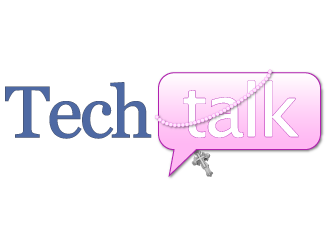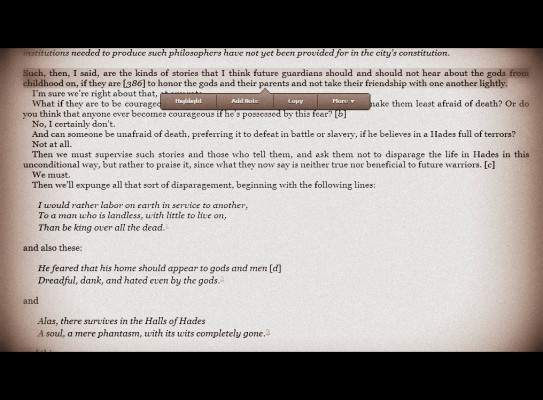In theory, I hate Kindle. In fact, I don’t even own a Kindle.
I'm sorry, I like books. I like holding them, looking at them on my shelf, and reading them again after a long time. Books take no wall-plug or battery charger. I can lend a book to anyone. I can give a book to anyone. You don’t need special equipment to read a book. Even the poorest of the poor, as long as they can read, can benefit from a book.
Kindle books? Not so much...
Additionally, the latent conspiracy theorist in me sees an opportunity for abuse in the electronic media. With the schism between East and West in the Church being sparked by the addition of one single word to the Credo, I question the wisdom of having nothing in hard copy.
Could texts stored in a digital cloud be changed without our knowledge? It would be naïve to believe that they could not be.
Because I believe that books are an essential part of the passing of civilization to the next generation, I will always own real books that take up space and are heavy and awkward to move. But many of the books I own are duplicated in my Kindle library.
Why would I do that?
Because Kindle shines in research!
I cannot imagine how I ever managed to write a research paper without Kindle for PC!
I can note the book, bookmark it, and even share the quote.
Quoting a Kindle book makes creating a Works Cited page dirt simple (Note: This only works with Kindle for PC right now and only in the United States.)
- Highlight your desired quote.
- Click Copy in the popup that appears.
- Paste the quote in your paper.
- The citation is automatically generated for you and pasted with the quote. Just cut and paste the quotation to the right spot in your paper, then copy and paste the accompanying citation to your Works Cited page.
There are only two real drawbacks:
First, no one seems to know what format Kindle is kicking out in the auto-citation. But since all the information is there, creating an MLA, APA or Chicago Manual of Style citation is pretty easy.
Secondly, there doesn't seem to be a way to turn it off – it’s a feature that publishers asked for to protect their copyrights. So, if you're taking notes, it can be kind of annoying. I usually note within the Kindle notes and then glean what I need for my papers from there, so I’m only getting what I absolutely need. Recently, though, I took a class that required me to type notes (direct quotes only) from the Catechism and two other books. This feature would have driven me absolutely mad.
If nothing else, the textbook load is reduced. Not to mention the impact on the environment and the fact that e-texts are about one-third to half the price of a standard paper text.
So, do I love Kindle unreservedly? No.
But a healthy skepticism of "stuff" is a good thing.
Is it a handy tool? Heck yes!
What’s your take on Kindle (and other e-book platforms)? Do you use e-books for light reading and fiction or do you use them for more scholarly pursuits?
Copyright 2014 Katie O'Keefe




.png?width=1806&height=731&name=CatholicMom_hcfm_logo1_pos_871c_2728c%20(002).png)
Comments